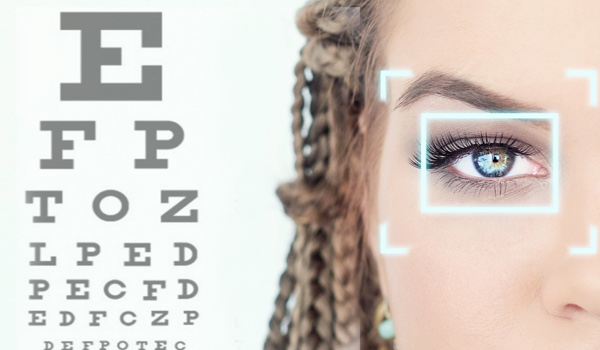


LONDON, ENGLAND - The world population is aging as life expectancy rises. By 2050, one in four people in Europe and North America will be over the age of 65, per predictions. This means health systems will have to deal with more patients with complex needs and, more importantly, will need to shift their philosophy to long-term care management from episodic care-based management. This shift is reflected in the value of AI for healthcare, which is now one of the world's highest-growth industries.
The value of the artificial intelligence (AI) sector is projected to reach US$150 billion by 2026. It was valued at US$600 million in 2014. AI is so valuable because it simplifies the lives of patients, doctors, and hospital administrators by performing tasks typically done by humans but in less time and at a fraction of the cost. By definition, AI in healthcare is referred to as the utilization of algorithms and software to emulate human cognition in the analysis, interpretation, and comprehension of complex medical data.
Everything AI Can Do
AI can learn from large datasets and then use the obtained information to enhance clinical practice. It can quickly acquire useful information from patients' populations to assess, in real-time, risks for the general population - truer now than ever in the COVID-19 era. It can carry out highly repetitive tasks such as analysis of tests, X-rays, computerized tomography (CT) scans or insert data into databases. It can lower the risk of diagnostic mistakes and help doctors and healthcare professionals find the best treatment by updating them with the latest news from scientific publications, textbooks, and clinical reports. It can organize clinical charts and also analyze the performance of specific healthcare institutions. It can help to promote a so-called precision medicine approach, implementing drugs based on a
The content herein is subject to copyright by The Yuan. All rights reserved. The content of the services is owned or licensed to The Yuan. Such content from The Yuan may be shared and reprinted but must clearly identify The Yuan as its original source. Content from a third-party copyright holder identified in the copyright notice contained in such third party’s content appearing in The Yuan must likewise be clearly labeled as such. Continue with Linkedin
Continue with Linkedin
 Continue with Google
Continue with Google










 2710 views
2710 views







